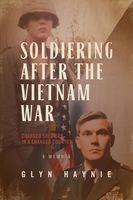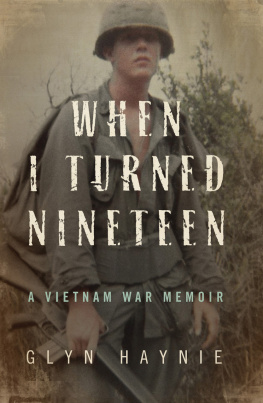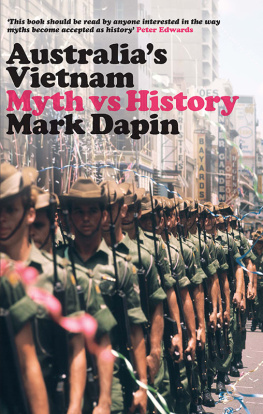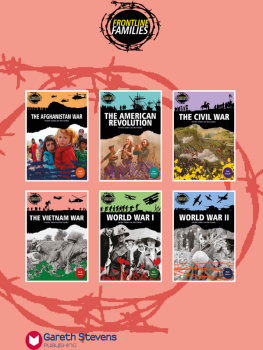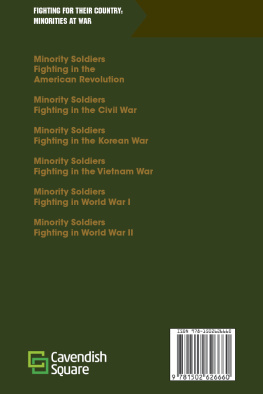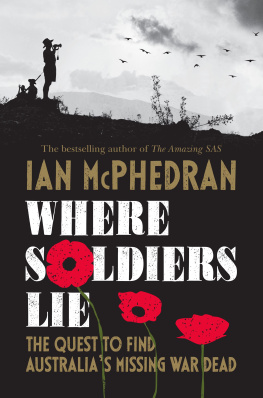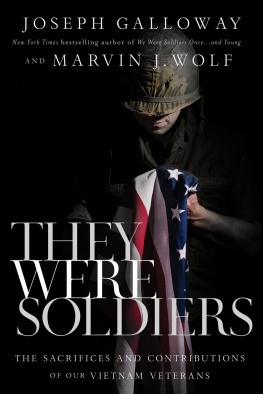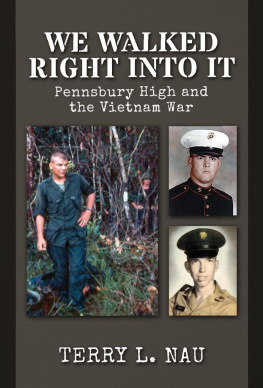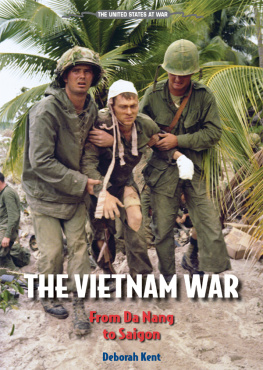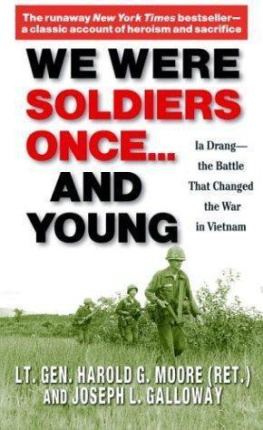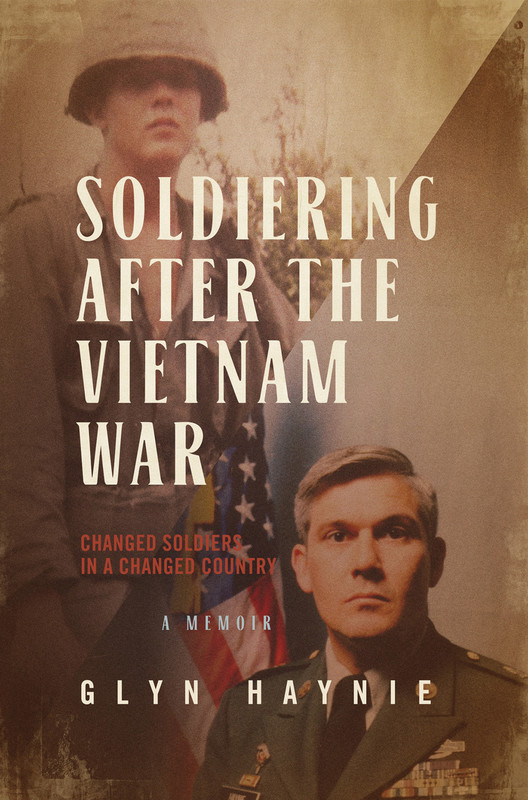
SOLDIERING
AFTER THE
VIETNAM
WAR
CHANGED SOLDIERS
IN A CHANGED COUNTRY
A MEMOIR
GLYN HAYNIE
Copyrighted Material
Soldiering After the Vietnam War: Changed Soldiers in a Changed Country
Copyright 2018 by Glyn Haynie. All Rights Reserved.
No part of this publication may be reproduced, stored in a retrieval system or transmitted, in any form or by any meanselectronic, mechanical, photocopying, recording, or otherwisewithout prior written permission from the publisher, except for the inclusion of brief quotations in a review.
For information about this title or to order other books and/or electronic media, contact the publisher:
Glyn Haynie
www.glynhaynie.net
glyn@glynhaynie.com
ISBNs:
Hardback 978-0-9982095-5-5
Paperback 978-0-9982095-3-1
eBook 978-0-9982095-4-8
Printed in the United States of America
Cover Design, Interior Design, and Editing: 1106 Design, Phoenix, AZ
Author Photograph: Shannon Prothro Photography
John William, I love and miss you
CONTENTS
Acknowledgments
Prologue
CHAPTER 1 Fort Benning, Georgia
Living with Fear
Moving Out
Rifle RangeFirst Assignment
Wayne Coming Home
Reenlisting
CHAPTER 2 Heilbronn, Germany
New Unit and Mission
Race, Drugs, and Alcohol
The First Months
A Long Summer
Leadership Training
A Train Ride
Climbing a Mountain
CHAPTER 3 Wayne Arrives
Deploy the Nukes for War
Driving to Stuttgart
French Commando School
Time to Leave
CHAPTER 4 Fort Campbell, Kentucky
Reporting for Duty
Week of the Eagles
Training National Guard Soldiers
Infantry Advance NCO Course
New Assignment
CHAPTER 5 Drill Sergeant Duty
Learning to Be a Drill Sergeant
Still Learning
A Day on the Trail
Old Friends
Co-ed Basic Training
Integrated Basic Training
Wayne Becomes a Drill Sergeant
Volunteer for Recruiting
CHAPTER 6 RecruitingSanta Ana, California
Reporting for Work
My New Duties
First Year
The Softball Team
Iranian Crisis
A Baby and a Move
CHAPTER 7 RecruitingState College, Pennsylvania
First Sergeant Assignment
Dad Is Dying
Mike and a Reunion
Time to Move
CHAPTER 8 Fort Bliss, Texas
Going to Fort Bliss
Starting the Course
Staying at Fort Bliss
CHAPTER 9 Time to Retire
Afterword
The Fallen
Postscript: The Vietnam War Documentary
A Vietnam Veteran Speaks
My Thoughts During the Halftime Show
Finally the End, but Not for Me
About the Author
ACKNOWLEDGMENTS
Thanks to my brother John Wayne Haynie for contributing photographs and researching and providing information on our family members military service and for verifying information about our assignments together.
Thank you to Dusty Rhoades, Dennis Stout, Jay Robinson, Chuck Council, Bruce Nugent, John Baxter, and Leslie Pressley for the photographs.
Thanks to Don Ayers for the photograph of the young soldier on the cover.
Special thanks to David Armstrong, John Felchak, Richard and Leah Kelly, and my wife, Sherrie, for helping me to get the book ready for publication.
Thank you, First Platoon, for being my brothers.
PROLOGUE
Word to the Nation: Guard zealously your right to serve in the Armed Forces, for without them, there will be no other rights to guard.
P RESIDENT J OHN F . K ENNEDY
I enlisted in the Army July 28, 1968, and, after my infantry training, flew to Vietnam, March 10, 1969, at the age of 18, and my older brother, Wayne, 20 years old, sat next to me on the long flight to a foreign land and an unpopular war. Two weeks after my 19th birthday, Wayne left for Korea, and I went to serve with the First Platoon Company A 3rd Battalion/1st Infantry Regiment 11th Infantry Brigade Americal (23rd) Infantry Division. The First Platoon patrolled the area of the Quang Ngai Province in the Central Highlands of South Vietnam. We, as a platoon, survived fighting the North Vietnamese Army (NVA) and Vietcong, ambushes, sappers, and psychological operations, with the enemy telling us to surrender, leave, or get wiped out, while building a firebase.
During my one-year tour, I experienced many hardships, including the death of 13 platoon brothers and the wounding of 12, three of the 12 wounded more than once. The first time I repeated the names of the 13 killed was early morning of August 16, 1969. A squad member woke me because I was reciting the names out loud in my sleep, and he feared it might attract the enemy. The death of the 13 followed me the rest of my life. I wasnt haunted by them and didnt avoid their presence. I wanted them with me. I wanted to honor them and keep their memory alive. This wasnt a burden but a responsibility and honor I freely accepted. With this responsibility, my time in Vietnam wasnt forgotten, either. The 13 men who made the ultimate sacrifice for our country are Bruce Tufts, Juan Ramos, Eldon Reynolds, Jerry Ofstedahl, Robert Swindle, Richard Wellman, Paul Ponce, Joe Mitchell, James Anderson, Danny Carey, Gary Morris, Roger Kidwell, and Willmer Matson.
I thought I would never remember the details of my time in war 47 years ago, but all I had to do was sit in my office chair behind my computer and tap out one line on the keyboard to read on the screen. Thats when I saw the details of the forgotten events of years past right in front of me, never thinking how painful it may be to go back to my days in Vietnam. Reading my book When I Turned Nineteen: A Vietnam War Memoir, you will have a better understanding of me, the young 19-year-old who returns home from an unpopular war and the influences, challenges, and decisions I faced after the war.
Inspired by a mixture of nostalgia and military service after the Vietnam War, I write of my journey as a United States Army Noncommissioned Officer and my yearning to see my brothers of First Platoon. Since memories can get lost in the clutter of time, Ive attempted to share those 20 years of service as honestly as possible. The paths I took after coming home from war werent predetermined but decided by events and how people I met along the way guided me on the decisions made. Im sure fighting and surviving the Vietnam War influenced the decisions, too.
After doing the job my country sent me to do, I returned home to a country that had changed. The war in Vietnam was an unpopular war. Many Americans at home despised and vilified returning soldiers. There were few Welcome Home signs, cheers, or parades. Instead, often there were protestors. There was hate, name-calling, and disrespect. Young soldiers already impacted by their combat experiences in Vietnam now had to deal with the depression, anger, and resentment caused by their fellow countrymen. Some returning soldiers used alcohol or drugs, sometimes both, to deal with the aftermath of combat and war, and the treatment received after coming home.
Despite this, I continued to serve my country. Staying in the Army, I rose through the ranks: Squad Leader, Platoon Sergeant, Drill Sergeant, First Sergeant, finally becoming an instructor at the United States Army Sergeants Major Academy (USASMA) and retiring after 20 years of service.
My story isnt about war but of service to country and the consequences of that service for soldiers and their families. There are no claims that I had an extraordinary career, but my career did coincide with extraordinary times within the Army, and I met extraordinary soldiers, NCOs, and officers along the way. Soldiers today are experiencing far more hardships than I had, with their many deployments and separations from their families. They have my highest respect.
Next page
